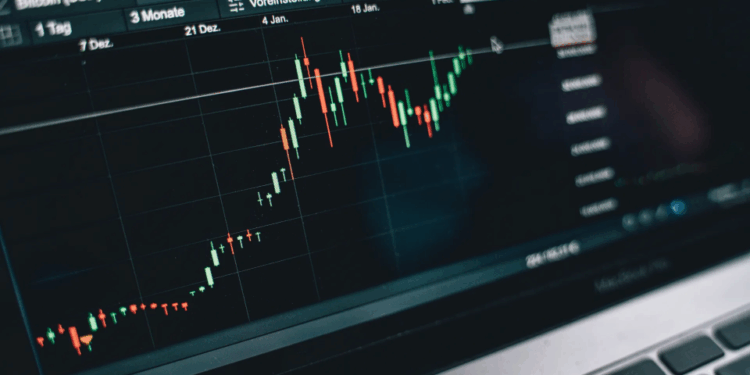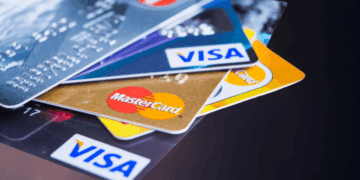The Hong Kong Monetary Authority (HKMA) will launch its first batch of stablecoin licences early in the following year, since the city’s central bank urged prospective issuers to submit their application by the end of September.
Stablecoin fever has swept Hong Kong as the city prepares to introduce a licensing system for the less volatile king of cryptocurrency.
The Hong Kong Monetary Authority (HKMA) will launch its first batch of stablecoin licences early in the following year, since the city’s central bank urged prospective issuers to submit their application by the end of September. But the officials are cautioning against overplaying its future role in financial systems.
However, the digital unit is cheaper, easier to carry out financial transactions, and it is increasingly becoming popular, with over US$270 billion in circulation globally.
Unlike the volatile highs and lows of bitcoin, the value of stablecoins is maintained by being tied to an established national currency, the dollar, or a commodity like gold.
Stablecoins are beneficial in countries like Argentina and Nigeria, where hard currency is scarce. They can make quick and low-cost cross-border payments.
Ahead of the stablecoin order taking effect on August 1, the HKMA released licensing procedures and explanatory notes, two sets of guidelines for supervising licensed stablecoin issuers and preventing money-laundering and counter-terrorism financing requirements for regulated stablecoin activities.
According to HKMA Deputy Chief Executive Darryl Chan Waiman, the regulator puts a strong emphasis on the value of sound financial management while granting licenses to stablecoin issuers.
Chan responded that early next year would be a reasonable time to issue stablecoin licenses.
He stated that they did not want to have large-scale stablecoin adoption in the early stages, given Hong Kong’s well-established systems. Instead, they aim to move forward step by step, gradually driving the digital transformation of Hong Kong.
According to Chan, applicants must present a well-developed, feasible business strategy to ensure the stability and sustainability of their proposed stablecoin. They must consider risk management, which includes asset management and IT infrastructure, when issuing licenses.
The HKMA stated in August that it will provide its expectations and feedback to companies interested in applying for a license to issue stablecoins. Stablecoins are cryptocurrencies backed by a reference asset, mostly a fiat currency (US dollar).
According to HKMA, the licensing requirements included regulatory compliance, tangible use cases, business plans, and sustainability, as well as ensuring that the potential issuer has enough financial and technical resources.
The regulator has created a webpage to display licensed stablecoin issuers on its website. It is an offense to pretend to be a licensee or applicant under the stablecoin ordinance.
The HKMA stated that it will announce its first small batch of stablecoin licenses.
According to Chan, the application process will be a rolling process. So, they must communicate with the people (who are not initially granted a license) if they still want to pursue one.
The HKMA issued multiple warnings in the past month to market players to use due caution in their public communications and to avoid making statements that could be misunderstood or set up unrealistic expectations.
Additionally, it stated that the public should stay vigilant to any illegal issuers in Hong Kong, as they would buy unregistered stablecoins at their own risk.
According to the latest supervisory recommendations, stablecoin issuers must follow a set of regulations covering corporate governance, risk management, issuance, redemption, distribution, and reserve asset management.
A licensed stablecoin issuer must implement regulations related to customer due diligence, risk management of clients’ wallets, travel rules, and monitoring to address the risks that stablecoins can be a money laundering tool.
The HKMA also planned to conduct evaluations and investigations to check whether regulated persons follow the ordinance and provisions and discipline them in case of violation.

















